Related searches
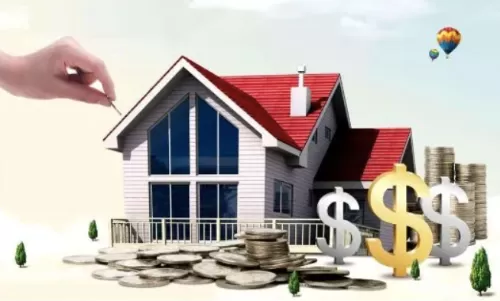
A home equity loan is a type of loan in which the borrower uses the equity in their home as collateral. Equity is the difference between the current market value of the property and the outstanding balance on the mortgage. By tapping into this equity, homeowners can access a lump sum of money that can be used for various purposes, such as home renovations, debt consolidation, or other major expenses.
One of the key advantages of a home equity loan is that it typically offers lower interest rates compared to other forms of borrowing, such as personal loans or credit cards. This can make it a cost-effective option for homeowners in need of funds for significant expenses. Additionally, the interest paid on a home equity loan is often tax-deductible, providing further financial benefits to borrowers.
However, it is essential for homeowners to understand the risks associated with home equity loans. Since these loans are secured by the property itself, there is a risk of losing the home if the borrower is unable to repay the loan. Furthermore, taking out a home equity loan increases the overall debt burden and reduces the equity in the home, which can impact the homeowner's financial stability in the long run.
Financial experts advise homeowners to carefully consider their financial situation and goals before opting for a home equity loan. It is crucial to assess whether the benefits of the loan outweigh the potential risks and to have a clear repayment plan in place.
In conclusion, while home equity loans can be a valuable financial tool for homeowners, they come with both benefits and risks that should be carefully weighed. By understanding the implications of these loans and making informed decisions, homeowners can make the most of their home equity while safeguarding their financial well-being.
Recognizing the Pitfalls
The main pitfall associated with home equity loans is that they sometimes seem to be an easy solution for a borrower who may have fallen into a perpetual cycle of spending and borrowing, spending and borrowing—all the while sinking deeper into debt.
Unfortunately, this scenario is so common that lenders have a term for it: “reloading,” which is basically the habit of taking a loan in order to pay off existing debt and free up additional credit, which the borrower then uses to make additional purchases. Reloading can lead to a spiraling cycle of debt that often convinces borrowers to turn to home equity loans offering an amount worth 125% of the equity in the borrower’s house. This type of loan often comes with higher fees because, as the borrower has taken out more money than the house is worth, the loan is not secured by collateral.We recommend you: understand the Benefits and Risks before doing Home Equity Loan.
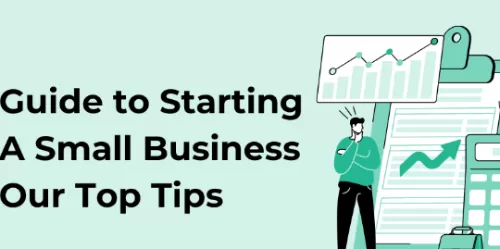 Unlock Your Business Potential: Top Small Business Financing Options in the USA
Unlock Your Business Potential: Top Small Business Financing Options in the USA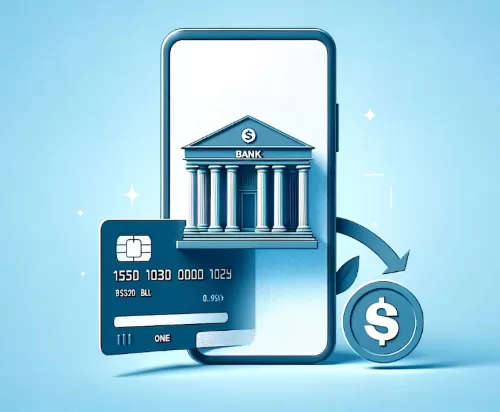 Understanding Bank Accounts: Choosing the Right Account for Your Needs
Understanding Bank Accounts: Choosing the Right Account for Your Needs Transform Your Outdoor Space: Why You Need a Professional Deck and Fence Company
Transform Your Outdoor Space: Why You Need a Professional Deck and Fence Company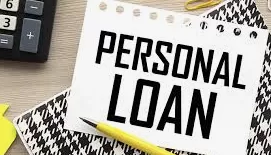 Breaking News: Comprehensive Guide to Personal Loans Unveiled
Breaking News: Comprehensive Guide to Personal Loans Unveiled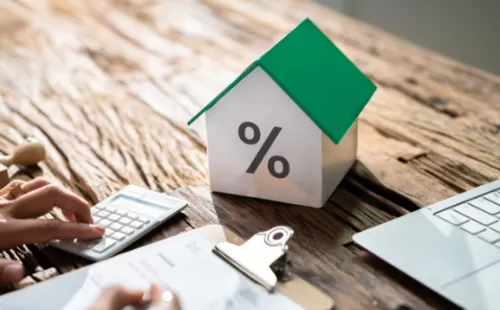 How Much Could You Earn from Equity Release in the UK
How Much Could You Earn from Equity Release in the UK



